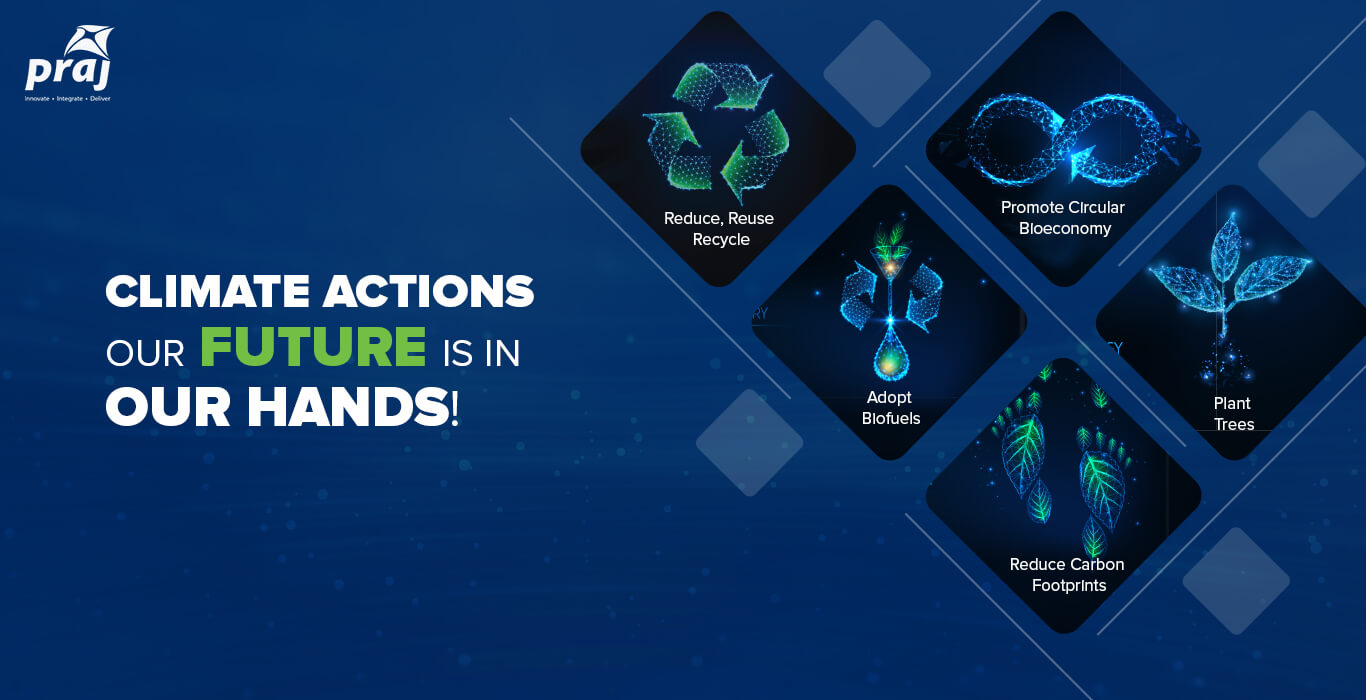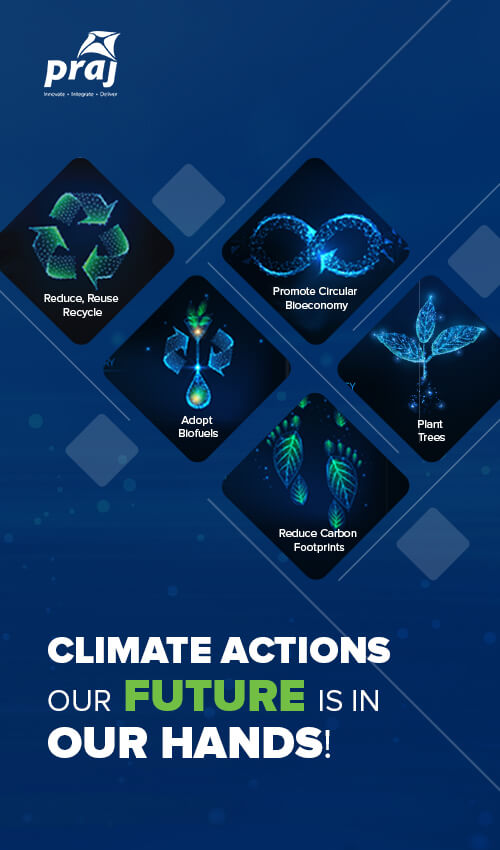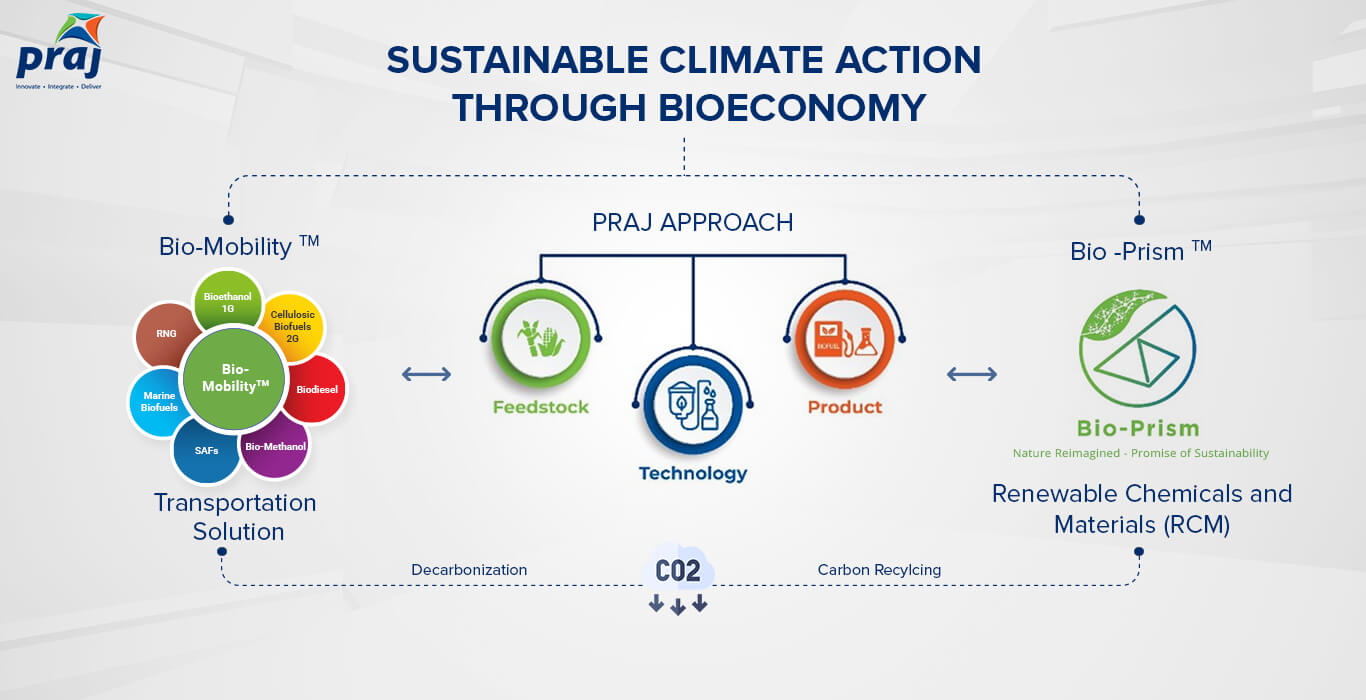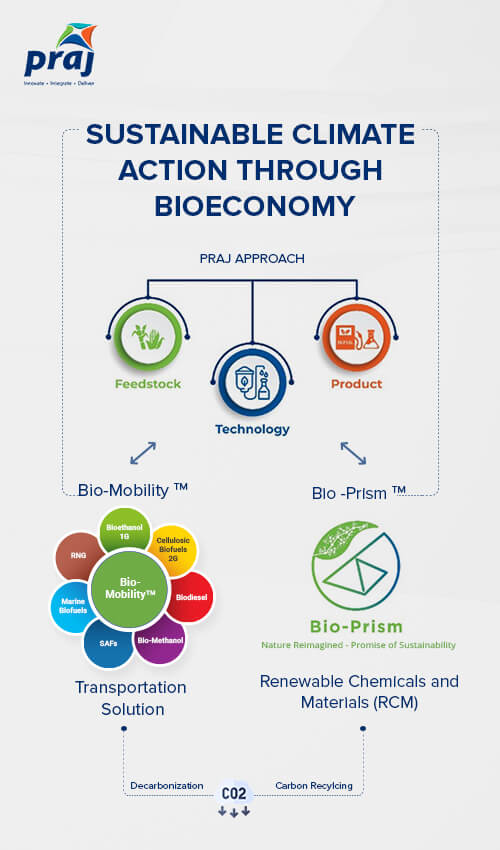Foundational Literacy and Numeracy
Background:
National/New Education Policy 2020 announced & published by the Ministry of Human Resource Development, Govt of India focuses on Foundational Literacy and Numeracy: An Urgent & Necessary Prerequisite to Learning. It is mentioned in the policy that:
The ability to read and write, and perform basic operations with numbers, is a necessary foundation and an indispensable prerequisite for all future schooling and lifelong learning. However, various governmental, as well as non-governmental surveys, indicate that we are currently in a learning crisis: a large proportion of students currently in elementary school - estimated to be over 5 crore in number - have not attained foundational literacy and numeracy, i.e., the ability to read and comprehend basic text and the ability to carry out basic addition and subtraction with Indian numerals.
Intervention:
Praj Foundation has undertaken a project focused on educating children attending Zilla Parishad government schools, Ashramshala, and low-income private schools in rural and tribal areas of Maharashtra. The target demographic for this initiative includes students ranging from pre-primary to 7th grade, depending on the specific needs of each community.
A detailed baseline survey is conducted to assess the children's proficiency in basic language and numerical skills. Based on the survey results, the students are grouped according to their learning levels. The project includes various components such as teacher training, which emphasizes child pedagogy and equips teachers with effective teaching techniques. Onsite support is also provided to teachers, along with the formation of peer learning groups to encourage collaboration among students.
To make learning more engaging, the project incorporates activity-based and joyful learning methods. Additionally, teachers undergo assessments to enhance their skills and mindset. Progress tracking is carried out through midline and end-line surveys to ensure that the children achieve foundational literacy and numeracy skills by the end of the program.
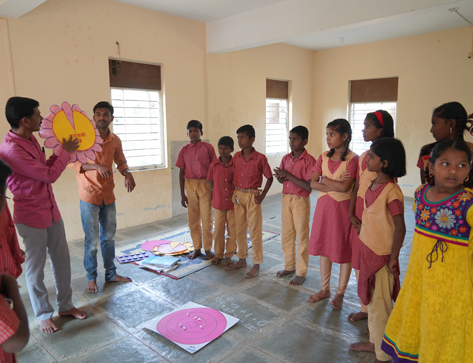
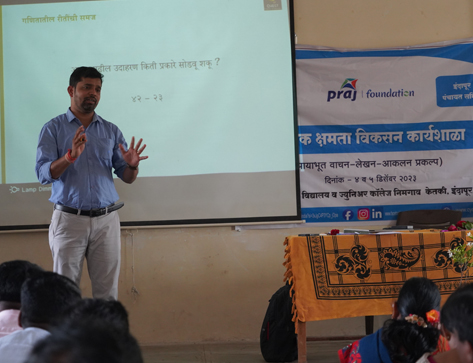
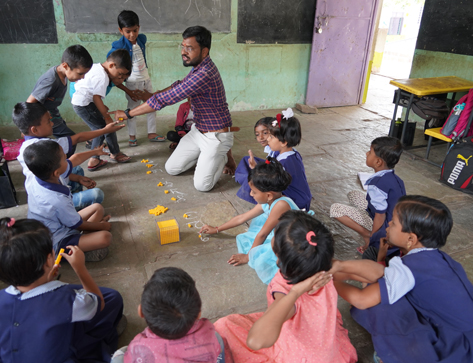
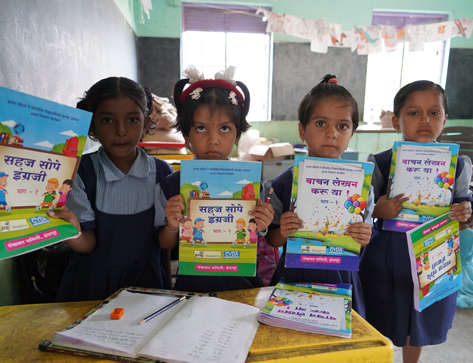
| Region | No. of schools / Ashramshala | No. of teachers | No. of children | Implementation partner |
|---|---|---|---|---|
| Indapur block (Pune) | 50 (Zilla Parishad schools) | 100 | 2500 | Centre for Youth Development & Activities (CYDA) |
| Ambegoan block (Pune) | 44 (Zilla Parishad schools) | 100 | 4000 | Sikshana Foundation |
| Baramati block (Pune) & Khandala block (Satara) | 3 Ashramshala of children who belong to nomadic tribe communities | 15 | 600 | Suprabhat Mahila Mandal |
| Baramati block (Pune) | 5 schools | 20 | 1000 | Quality Education & Support Trust (QUEST) |
| Nandurbar | 3 schools for tribal children | 35 | 2000 | QUEST |
Project outcomes:
- Over 80% children can read, write and comprehend basic language competencies
- Over 70% children can perform basic mathematical functions
Project Outcomes (Indapur FLN project):
3rd std:
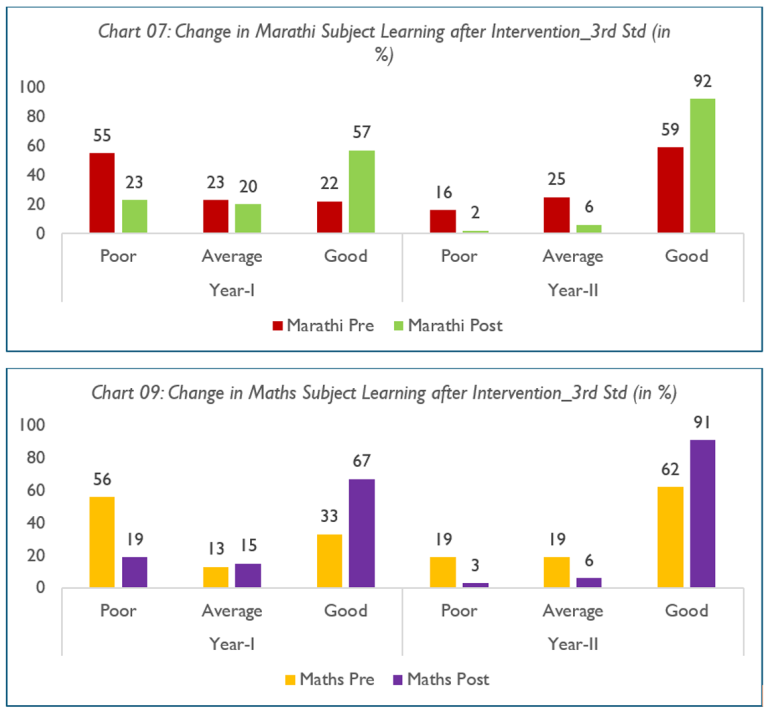
4th std:
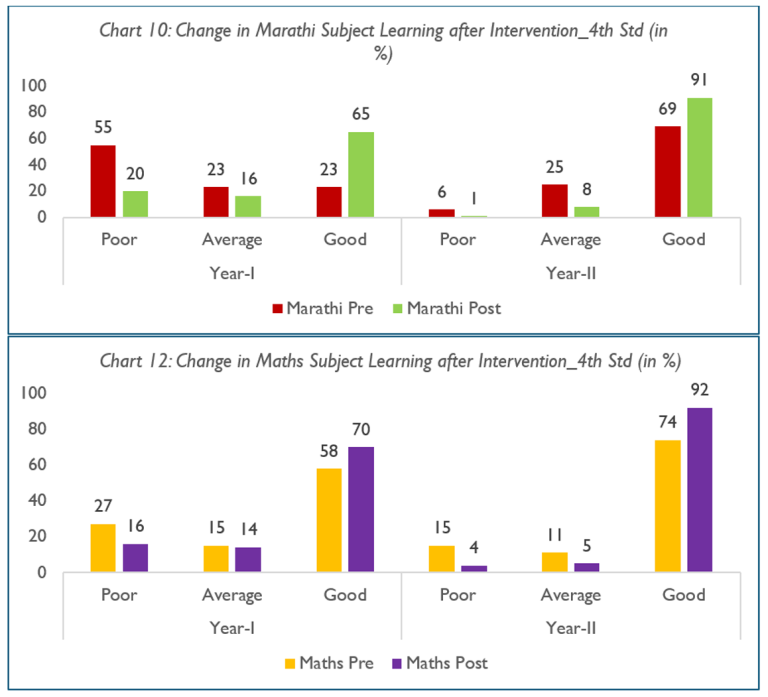
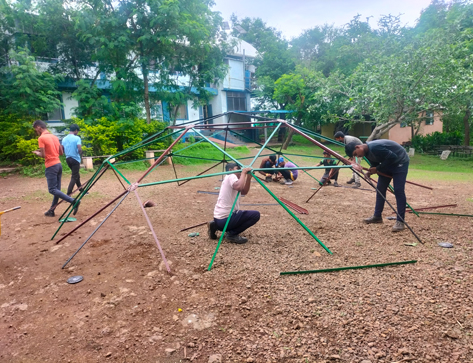
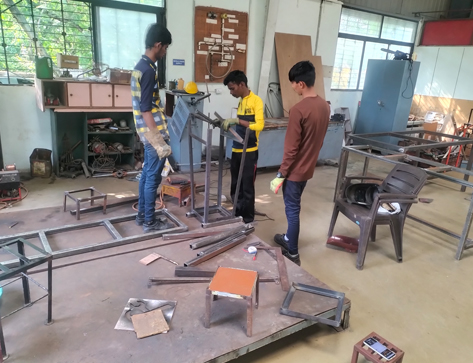
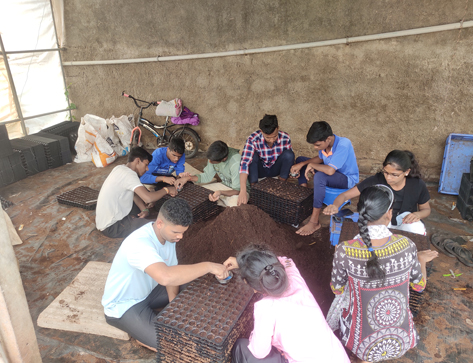
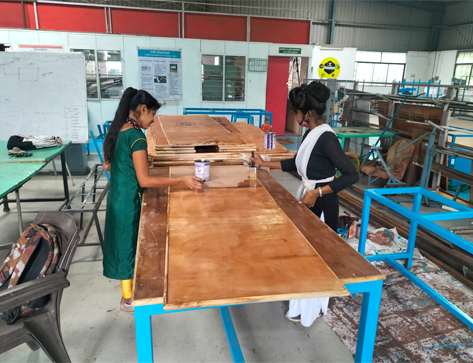
Entrepreneurship Development Program:
Praj Foundation is closely associated with Vigyan Ashram, Pabal since 2009. The partnership started with upgrading their food lab & testing (Microbiology lab) facility. Then, the Introduction to Basic Technology (IBT) course was implemented in 16 schools all over Maharashtra to make it a “Model IBT School” to demonstrate Hub & spoke model. Many deserving underprivileged students from tribal areas of Maharashtra were supported to undergo the Diploma In Basic Rural Technology (DBRT) course.
From Covid period, the focus is on training the rural youth in establishing enterprises which are suitable for rural settings like fabrication, welding, carpentry, agri-allied businesses, civil, electricians, plumbing etc. Rural youth are trained, and handholding is done till the enterprise is settled. This program has largely benefitted youth, and a trend is set by Praj Foundation in reverse migration.
For testimonials and more information about the project, you may refer below link: https://startupsarathi.vigyanashram.online/
Number of youths trained:
| Rural youth benefited with skill training | 250+ |
| Rural youth benefited with Entrepreneurship Development Program (EDP) | 1049+ |
| Number of rural enterprises created | 150+ |
| High School students benefited through introduction to basic technology (IBT program) | 2800+ |
| High school instructors trained (IBT program) | 60+ |
| Number of students benefiting with infrastructure upgradation | 500 Per Year |











